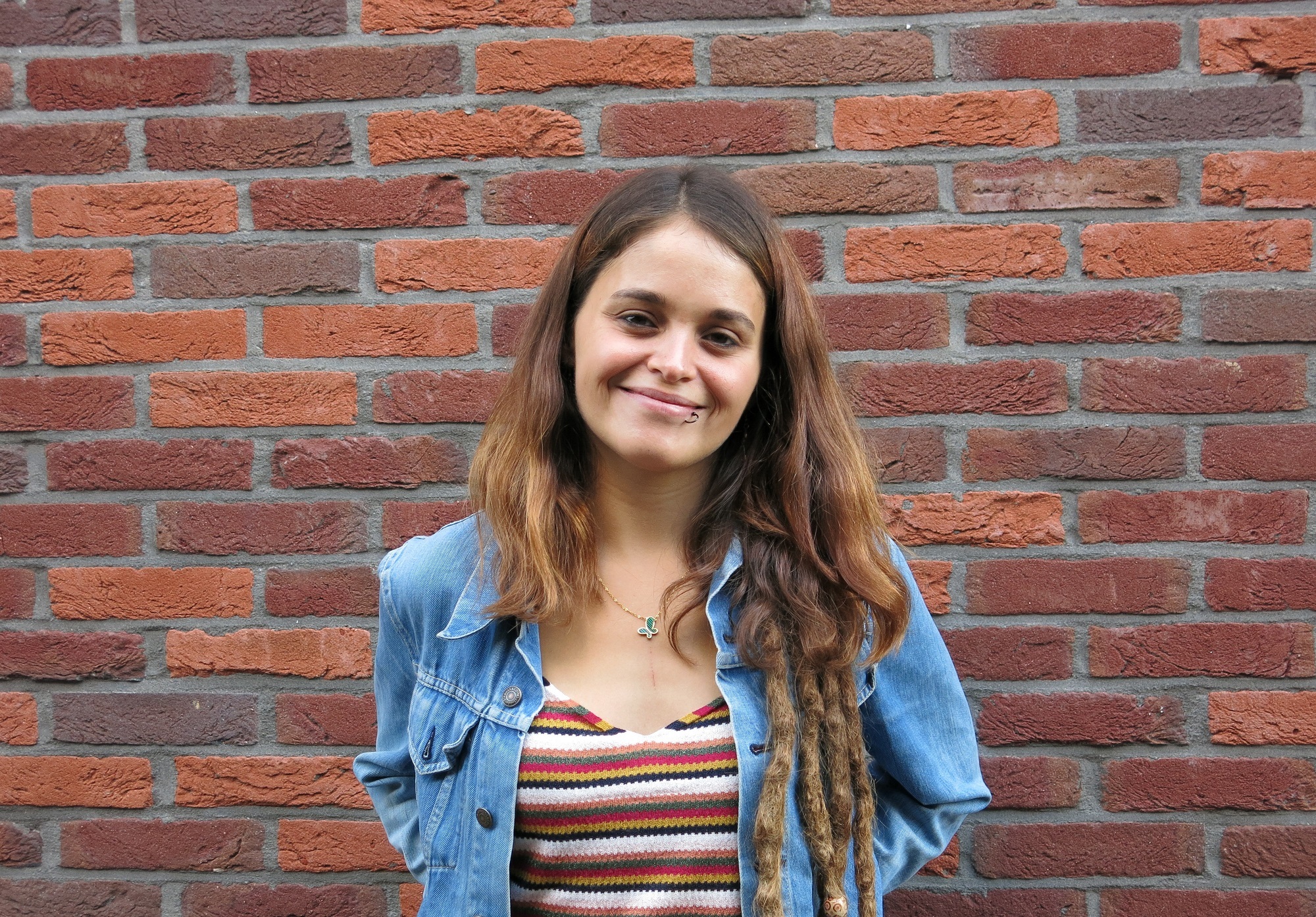Using earth observation images to track rainfall, PhD candidate Mónica Estébanez Camarena hopes to help Ghanaian farmers. “The research is about more than getting a PhD.”
“I arrived in Delft on 31 January 2019 and I officially started my PhD that March. I am from Spain, where I did a bachelor’s in aerospace engineering. Then I went to South Africa to do a master’s in Cape Town. It was an interdisciplinary master’s about space law, space technology, applications and the space industry. It was a master’s of philosophy, which is kind of like a pre-PhD because it involves a lot of research. I did my thesis on using earth observation for the prevention of wildfires. Then I moved to the UK where I did a master’s in satellite navigation, but I was missing the application side of things.
I really wanted to use space to help somehow on earth and because of that I started looking at these kinds of projects. I came across the name of Nick van de Giesen who is now my PhD supervisor. I contacted him and told him what I wanted to do and he proposed a PhD for me. Basically, I am building a model to inform people in Ghana about rainfall. Climate change is really affecting the people in Ghana where most of them are farmers. With everything changing and causing different rhythms, farmers can’t rely on their traditional knowledge anymore, such as “when this bird sings it means rain will start”, so they are losing a lot of crops and resources. That is why I hope to be able to tell them when the rainy season is going to start and therefore when to plant.
‘ Farmers can’t rely on their traditional knowledge anymore’
TWIGA, a weather water project in Africa, is the overarching project of my PhD. Besides that, at the moment the project I’m working on is called Schools and Satellites and it is funded by the European Space Agency. I’m using earth observation images to see if it rains or not using a deep learning model. To train that model, we are also working with people on the ground, with farmers and schools who are helping to measure the daily rainfall. By studying the rainfall, I hope to contribute to food security in that region. For me the research is about more than getting a PhD.
Since I was little, I always wanted to work for the European Space Agency, but now I’m not so sure anymore because I want to do something that is closer to the application. Academia is one of my options so if I stay somewhere like TU Delft and I can work on projects like this one then I would be happy. Another option that I thought about last year is Amnesty International, because they use earth observation to document human rights violations.
I am involved in a lot of other activities besides the PhD. I am a dancer and have started teaching online classes. I have been involved in climate activism. And the first time I went to Ghana for my research I made a friend with whom I started an NGO for children’s education in the northern region of the country, starting with one small rural community. We started just before Covid so we haven’t been able to do much yet, but we did provide them with masks and buckets to wash their hands. Now we’re hoping to be able to do more.”
Want to be featured in Humans of TU Delft? Or do you know someone with a good story to tell? Send us an e-mail at humansoftudelft@gmail.com
Heather Montague / Freelance writer



Comments are closed.